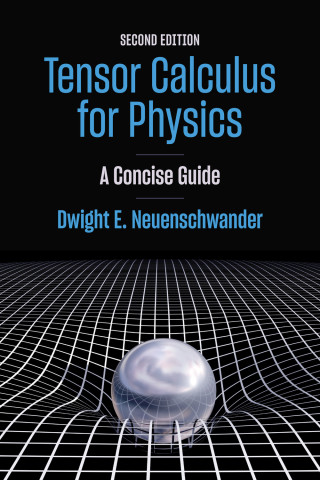
Reviews
[This book] is, in my opinion one of the most important ever written on the foundations of probability theory, and the greatest advance in the conceptual, as opposed to the purely mathematical, formulation of the theory since Laplace.
Transformed my view of probability and enriched my career as a physicist.
Book Details
Preface
Part I. Probability
Chapter 1. Axioms of Probable Inference
Chapter 2. The Algebra of Propositions
Chapter 3. The Conjunctive Inference
Chapter 4. The Contradictory Inference
Chapter 5. The
Preface
Part I. Probability
Chapter 1. Axioms of Probable Inference
Chapter 2. The Algebra of Propositions
Chapter 3. The Conjunctive Inference
Chapter 4. The Contradictory Inference
Chapter 5. The Disjuntive Inference
Chapter 6. A Remark on Measurement
Part II. Entropy
Chapter 7. Entropy as Diversity and Uncertainty and the Measure of Information
Chapter 8. Entropy and Propositions
Chapter 9. Systems of Propoisitions
Chapter 10. The Entropy of Systems
Chapter 11. Entropy and Relevance
Chapter 12. A Remark on Chance
Part III. Expectation
Chapter 13. Expectations and Deviations
Chapter 14. The Expectation of Numbers
Chapter 15. The Ensemble of Instances
Chapter 16. The Rule of Succession
Chapter 17. Expectation and Experience
Chapter 18. A Remark on Induction
Notes
Index





